
By Rebekah Lattin-Rawstrone
As the light is lengthening our days, this term’s Spring City Writes on the 27th March over Zoom was a signal of further fun on the horizon. We had a lovely audience gathered to listen to five fantastic competition winners from across the spectrum of City’s Creative Writing Short Courses and two – yes two – alumni published authors. Katharine Light and Laurence Kershook came to share their publishing journeys and their powerful, heartfelt fiction after we heard the competition readers.
First up was Narrative Non-Fiction student Katie Hunt, who read an extract from her work-in-progress about our human origins which focuses on the latest discoveries in Asia. Her piece, ‘Unknown Human’ took us into a cave in Gansu, China where a jaw bone with the remains of two teeth was found nestled in the dirt. That jaw bone and later, a tiny fragment of finger, unlocked new discoveries about our ancient past. We were hooked.
Following Katie’s exciting scientific discoveries, was Tess Pendle, another Narrative Non-Fiction student who shared her short story, ‘Kyle’ with us. Our sympathies were enlisted for this young boy so desperate to fit in. Tess left us with an image of Kyle just sitting on the stairs, having abandoned thoughts of going outside and joining in the kick about despite wearing the right kit for once. He just sits there waiting for his mum to come home.
Seyi Falodun-Liburd, another Narrative Non-Fiction student, gave us something completely different next. Taking us from a small boy on the stairs, into her eloquent essay, ‘The Implications of Choice’ exploring the structural racism of the beauty industry. Carefully navigated to reveal the political at the heart of our personal choices, Seyi deftly explored the health hazards of hair relaxers used by many Black women – hazards as extreme as cancer and reproductive illnesses. She called for us to fight the corporatisation of art and instead to seek beauty as artistic expression. A rallying cry for more than just the beauty industry. It was a powerful piece that left the audience with lots to think about, not least of which is the importance of creative non-fiction and its role in bringing ideas and information to wider audiences.
As the thoughts swirled, current Novel Studio student, Jill Craig turned that intensity into the heady intimacy of a hot summer’s day on green fields with friends. Her story, ‘Hot High Beat of Summer’, was a masterful second person exploration of the endless metamorphosis of love and how one moment we miss the beauty of intimate connections and the next we celebrate it with all our senses and synapses tingling. We were left on a high, arms metaphorically raised alongside the characters, dancing in the haze of the summer.
We continued the summer theme with a trip to Pompeii next as Towards Publication alumnus D. L. Strickland read an extract from his story, ‘Here, Inside the Volcano’. A young boy escapes the stifling atmosphere of his parents for a town of people caught in clay, at one moment meeting the frozen features of his uncanny doppelganger all while searching for the girl of fire who lives at the heart of the volcano. Filled with an ominous foreboding, you could feel the audience’s longing to find out what happened next. Let’s hope we can soon see it in print.
After such a fabulous and wide ranging series of readings from the competition winners, we moved on to hear from our invited published guests: Laurence Kershook and Katharine Light. Katharine read first, giving us the opening of her novel, Like Me, the first in series of books set in Millingham. This life-affirming love story was shortlisted for The Selfies Adult Fiction award 2024 and it was a joy to hear Katharine bring the characters to life.
Laurence took to the virtual stage with a reading from his novel, The Broygus next. He helped us to understand the meaning of the word ‘broygus’ – a bitter family dispute – that the main character Sam comes to learn about and unravel in his own complex family history in the East End of London in the heatwave summer of 1976. Giving us a section of Chapter Three, we listened as Sam tried to make headway with the woman he suspects is his maternal grandmother, a woman his own mother speaks ill of and refuses to see. The dialogue between confused and spikey Esther and uncertain Sam held us entranced.
Both Laurence and Katharine graduated from the Novel Studio in the same cohort and have kept in touch and encouraged each other over the years, and following their readings host and visiting lecturer, Rebekah Lattin-Rawstrone spoke to them about their inspirations, writing development and publishing journeys. Both spoke passionately about the industry and offered tips for successful independent publishing. They were also eager to share their latest writing projects. Katharine has plans to publish book two and three of the Millingham series this year, and Laurence is working on a new novel. Watch this space for further news!



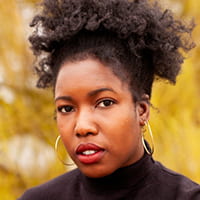
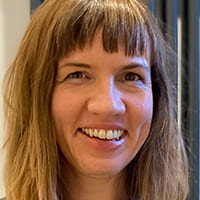


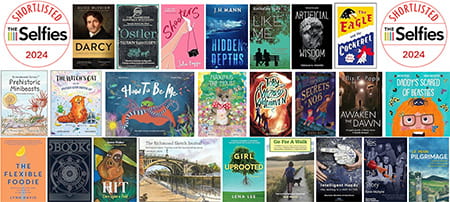

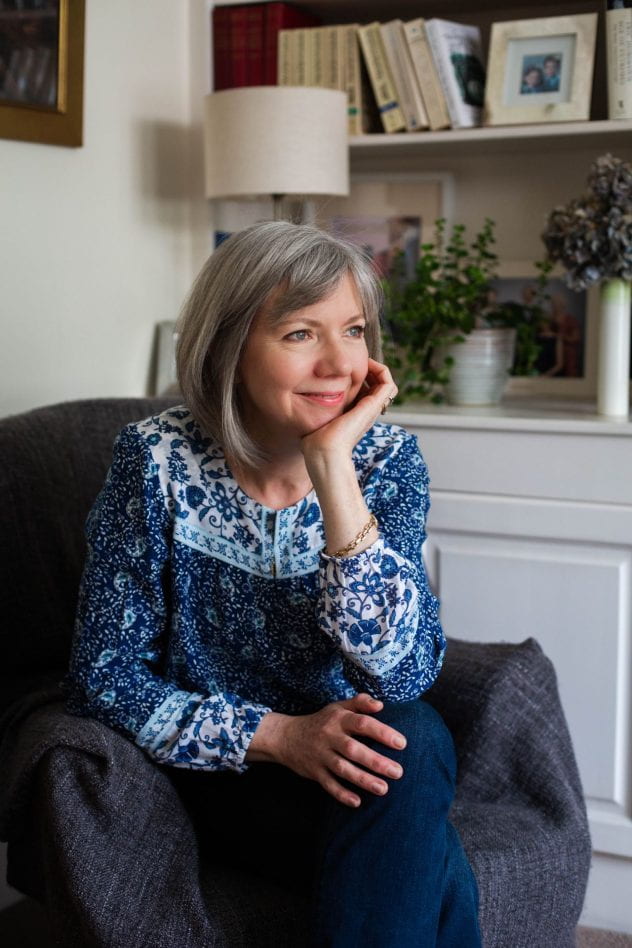








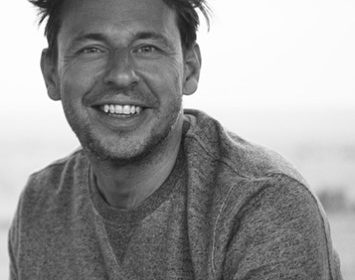

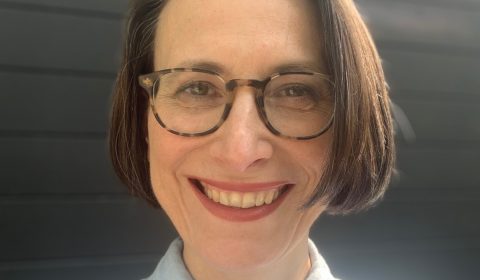


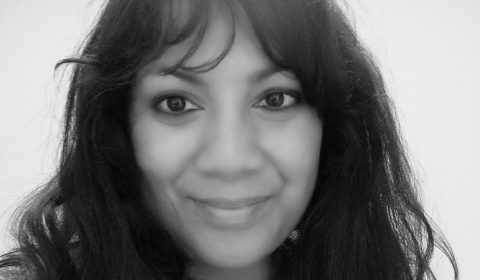
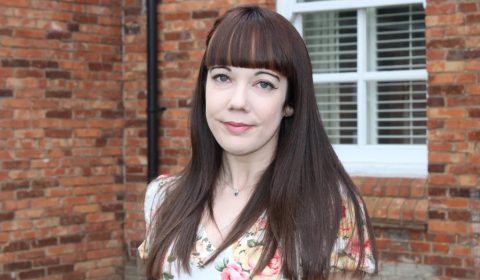






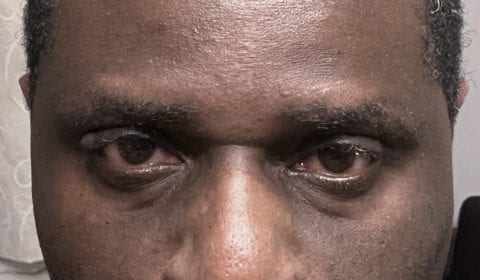



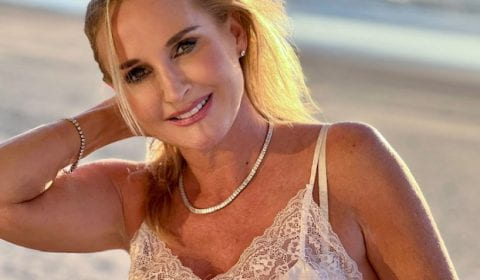




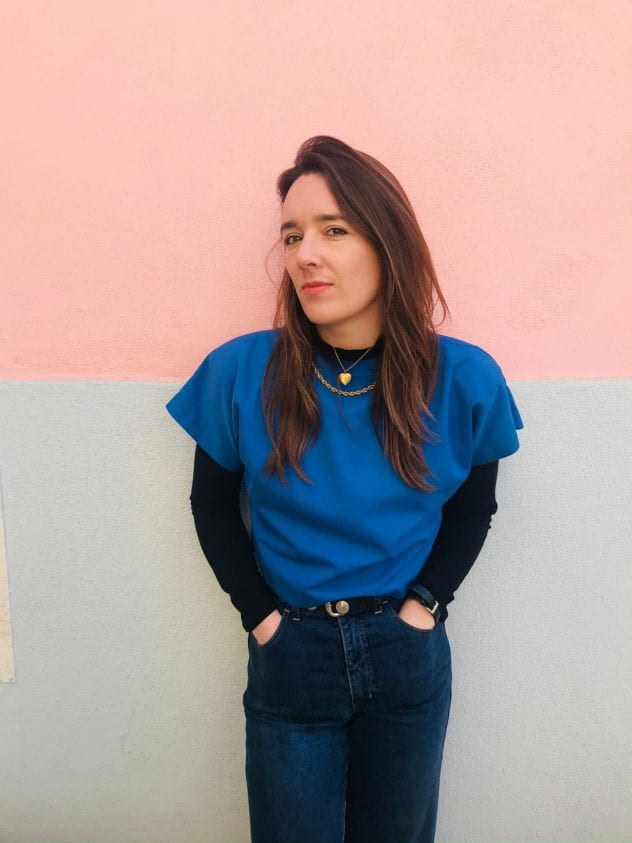










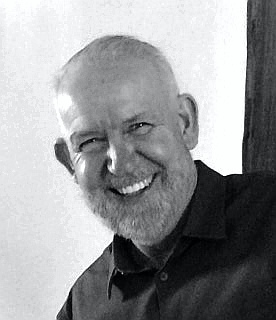
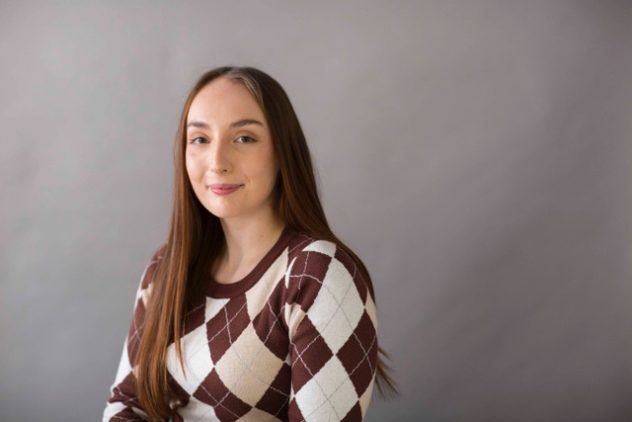

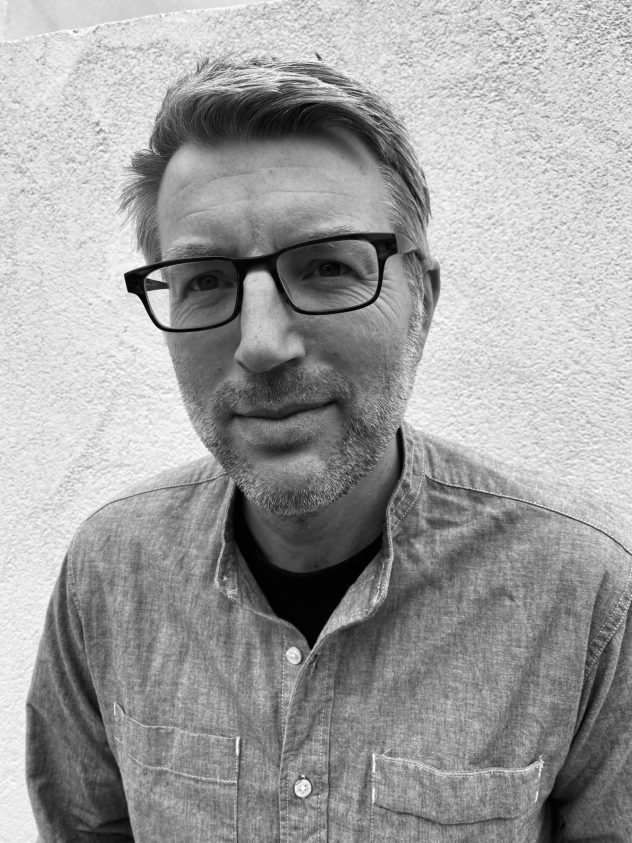
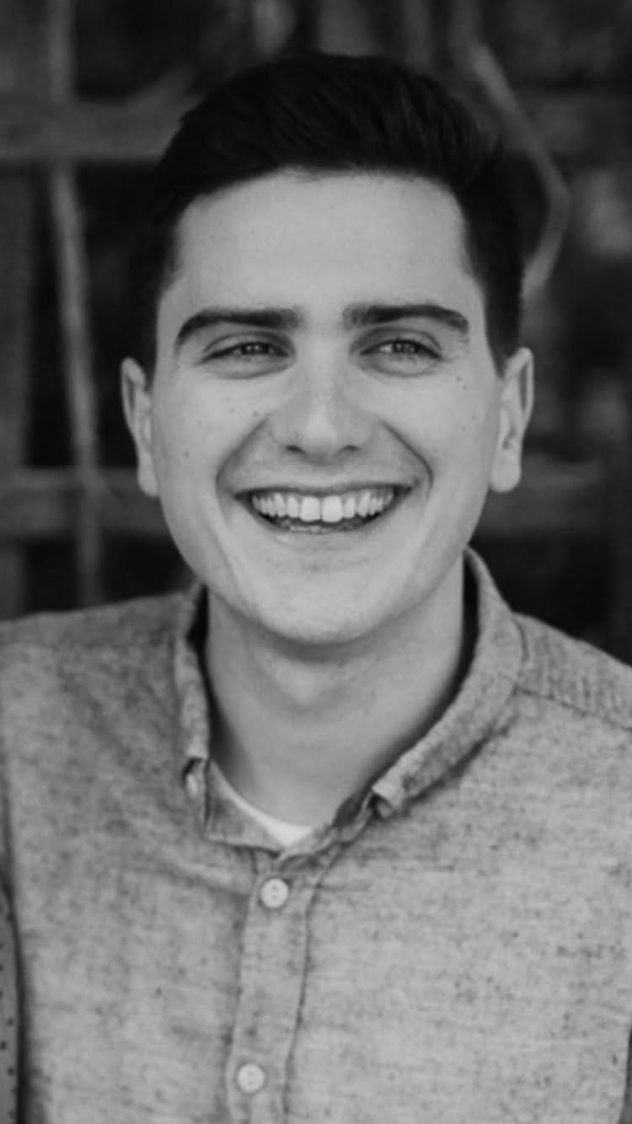

Recent Comments